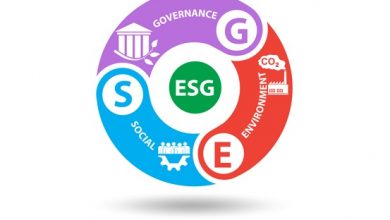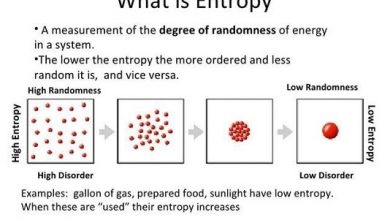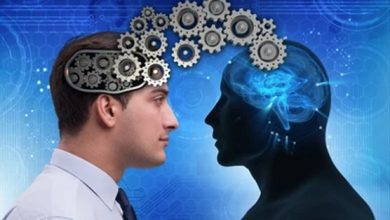Economics/Business
Economics
Economics is the social science that studies how individuals, businesses, governments, and societies allocate scarce resources to satisfy their unlimited wants and needs. It is concerned with the production, distribution, and consumption of goods and services, and the decisions and behaviors of individuals and institutions that shape these processes.
By reading the intensive articles of Englopedia.com you will grasp that it is a broad field that encompasses various branches and subfields, including microeconomics, macroeconomics, international economics, labor economics, behavioral economics, and many others. Microeconomics focuses on the behavior of individuals and firms, while macroeconomics looks at the overall performance of the economy, including issues such as inflation, unemployment, and economic growth. International economics examines the flow of goods, services, and capital across borders, while labor economics focuses on the behavior of workers and employers in the labor market.
Englopedia will make you aware that Economists use a range of tools and techniques, such as mathematical modeling, statistical analysis, and experimental methods, to study and analyze economic phenomena. They aim to understand how markets work, how individuals and institutions make decisions, and how public policies and institutions impact economic outcomes.
Through the leading articles of Englopedia you will realize that Economics has significant implications for individuals, businesses, governments, and societies, as it can inform decisions related to investments, production, taxation, trade, and social welfare policies. It is a crucial field of study for understanding the functioning and dynamics of modern economies and for addressing pressing global issues, such as inequality, climate change, and economic development.
-

ESG definition/Importance/global initiatives/Examples/sustainability
What Is ESG? ESG is an acronym that defines investments that prioritize sustainability , with values that include an environmental, social and governance…
Read More » -

Eco efficiency/emerge/3 goals/importance/benefits/application
What Is Eco-Efficiency? Eco-efficiency is one of the bases for building a more sustainable future. In practice, the concept has…
Read More » -

What is sustainable finance/principles/purpose/importance/Examples
Sustainable Finance: Concept Sustainable finance is financial investments aimed at economic activities that respect people and preserve the environment . It…
Read More » -

What is sustainability in business sustainable development and benefits
Sustainability Sustainability is a concept related to the conservation or maintenance of a scenario in the long term, in order to…
Read More » -

Entropy in business/Examples/Impact/negative entropy
Entropy is a concept from physics, more specifically from thermodynamics, which has as its main definition disorder as a result…
Read More » -

What is Silicon Valley/technology hub/ importance/top companies
What Is Silicon Valley? Silicon Valley is the nickname for a part of the San Francisco Bay area in California…
Read More » -

What is a startup company/Characteristics/5 challenges/7 Tips of prodmotion
An emerging company or startup company , are those companies that, despite their size and lack of resources, tend to present great…
Read More » -

Recruitment tests/assessments/ 7 main tests
Successful hiring is one of the main challenges faced by the People and Management teams. That’s why recruitment tests for personnel…
Read More » -

Horizontal and vertical management/advantages/disadvantages
Horizontal management is an organizational model in which companies structure their processes based on group decisions. Vertical management, on the other…
Read More » -

Cognitive Technology/principles/5 advantages/Working
It is no longer new to say that technological advances have revolutionized society. The big question is that this also requires…
Read More »